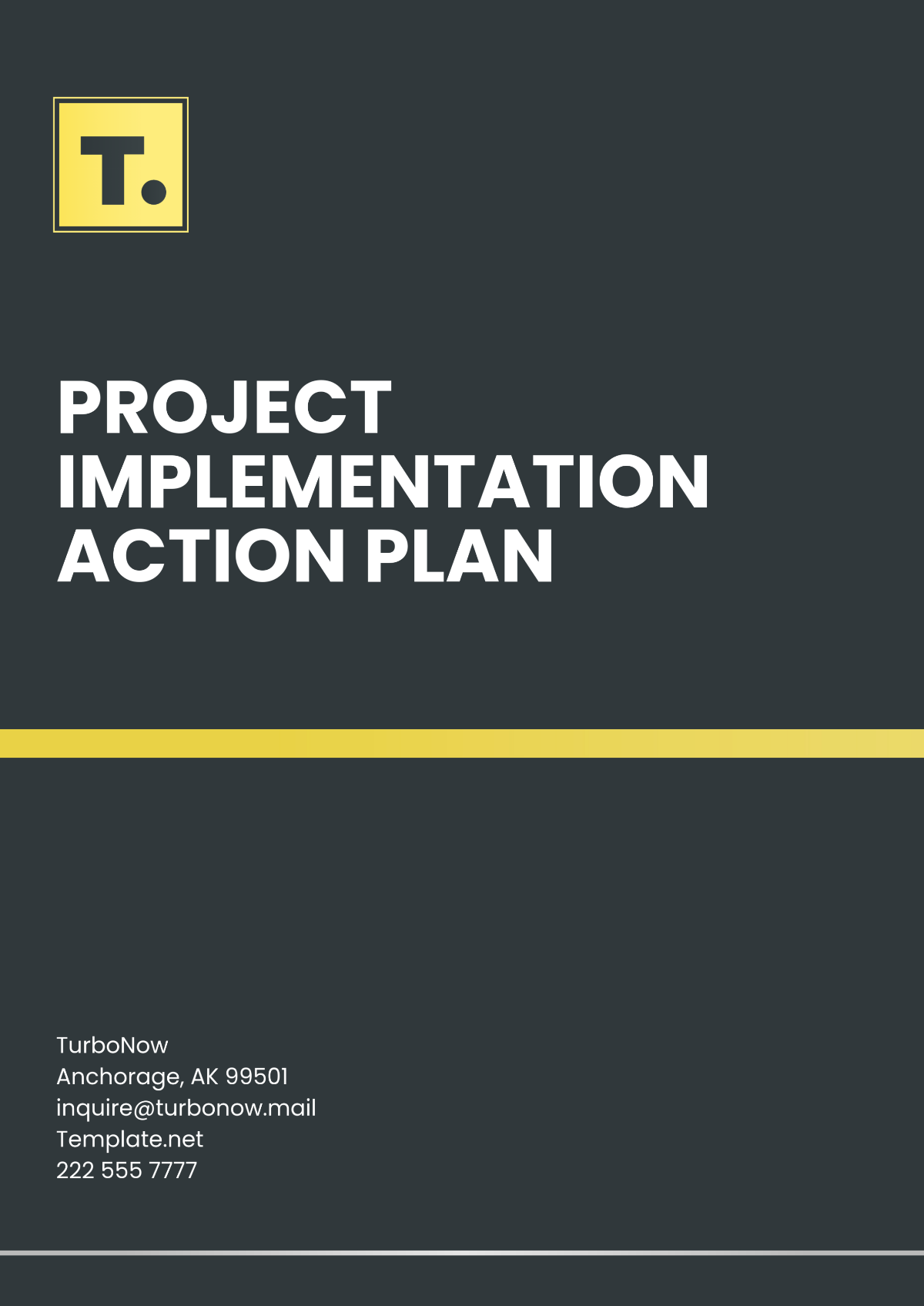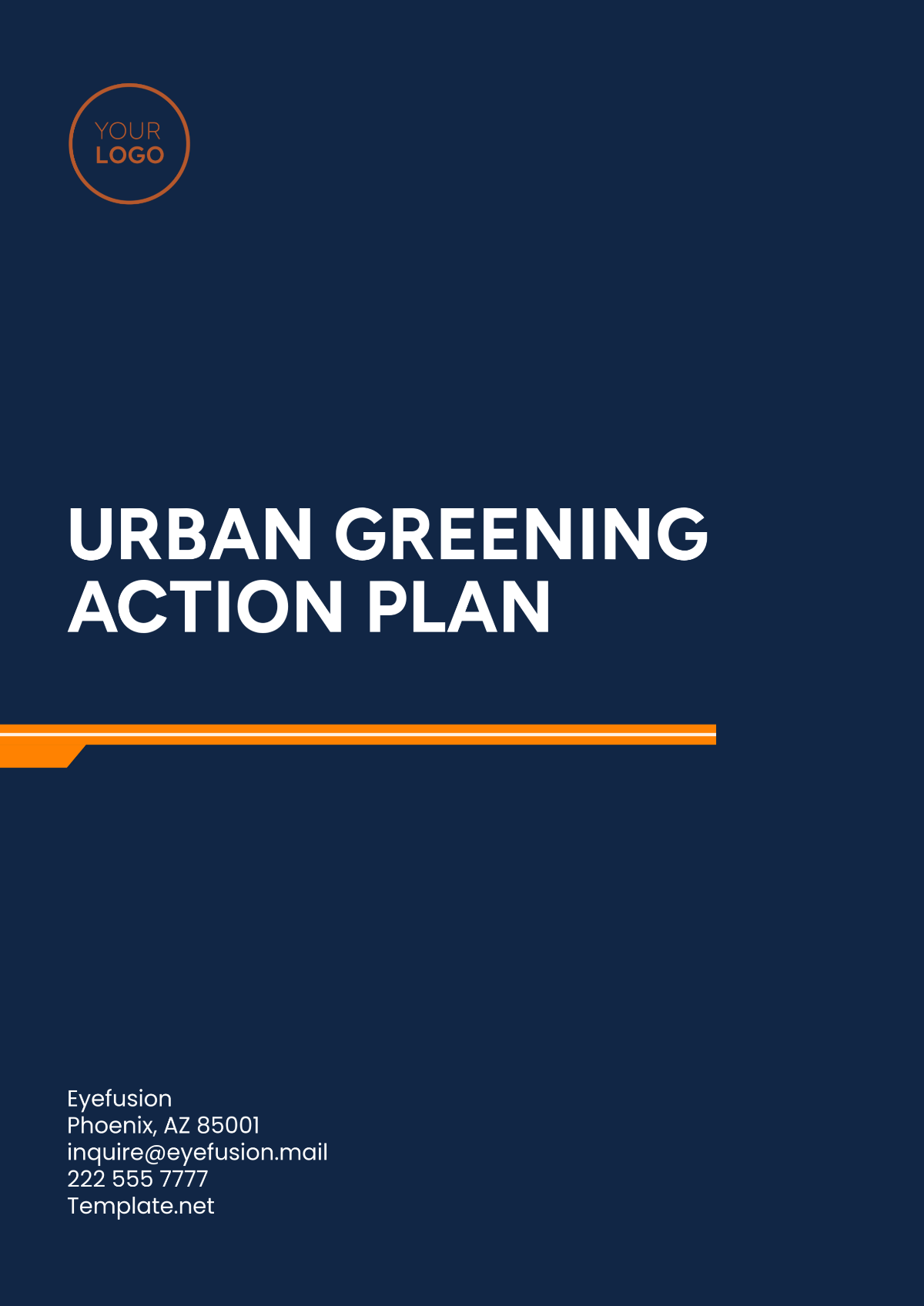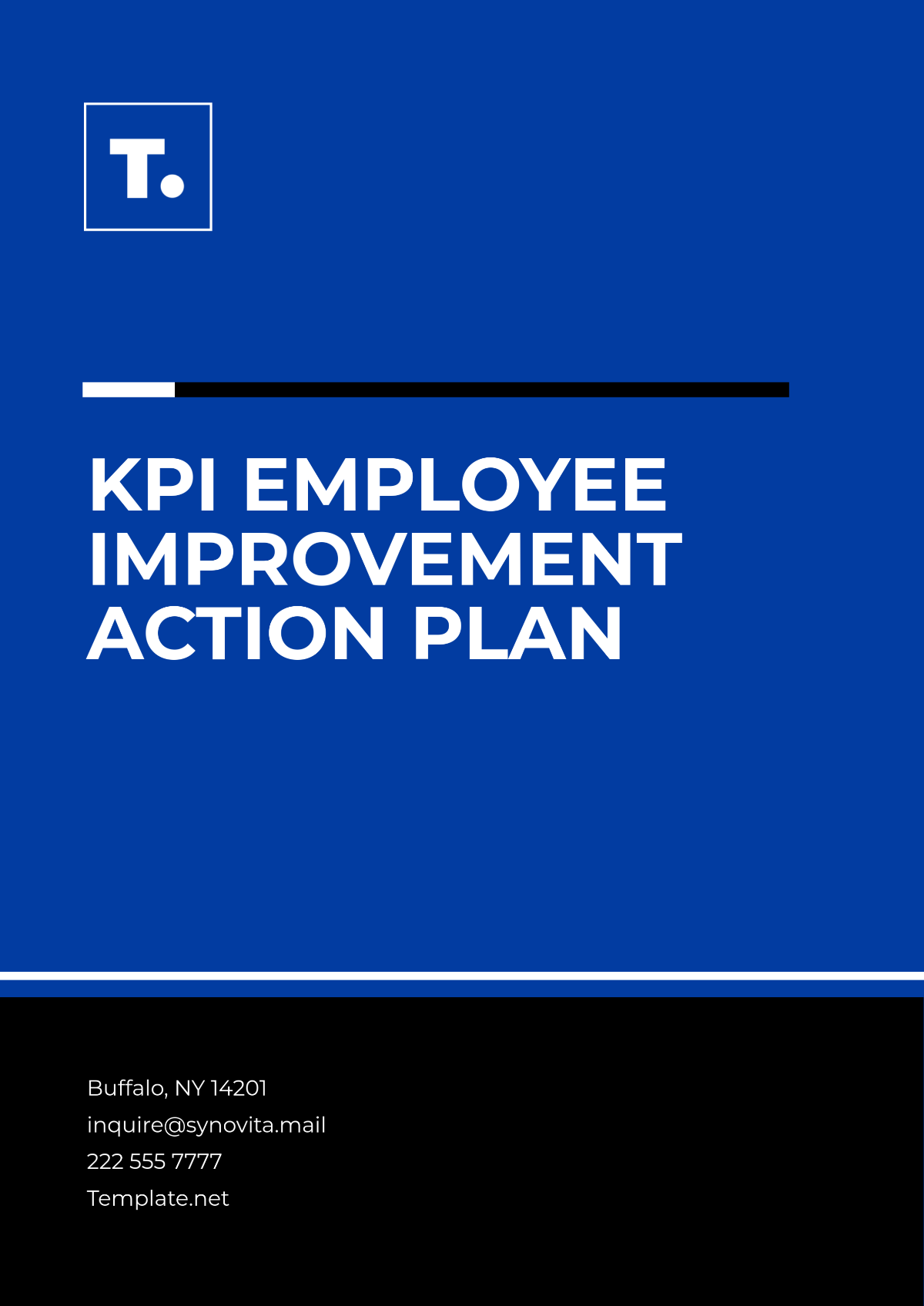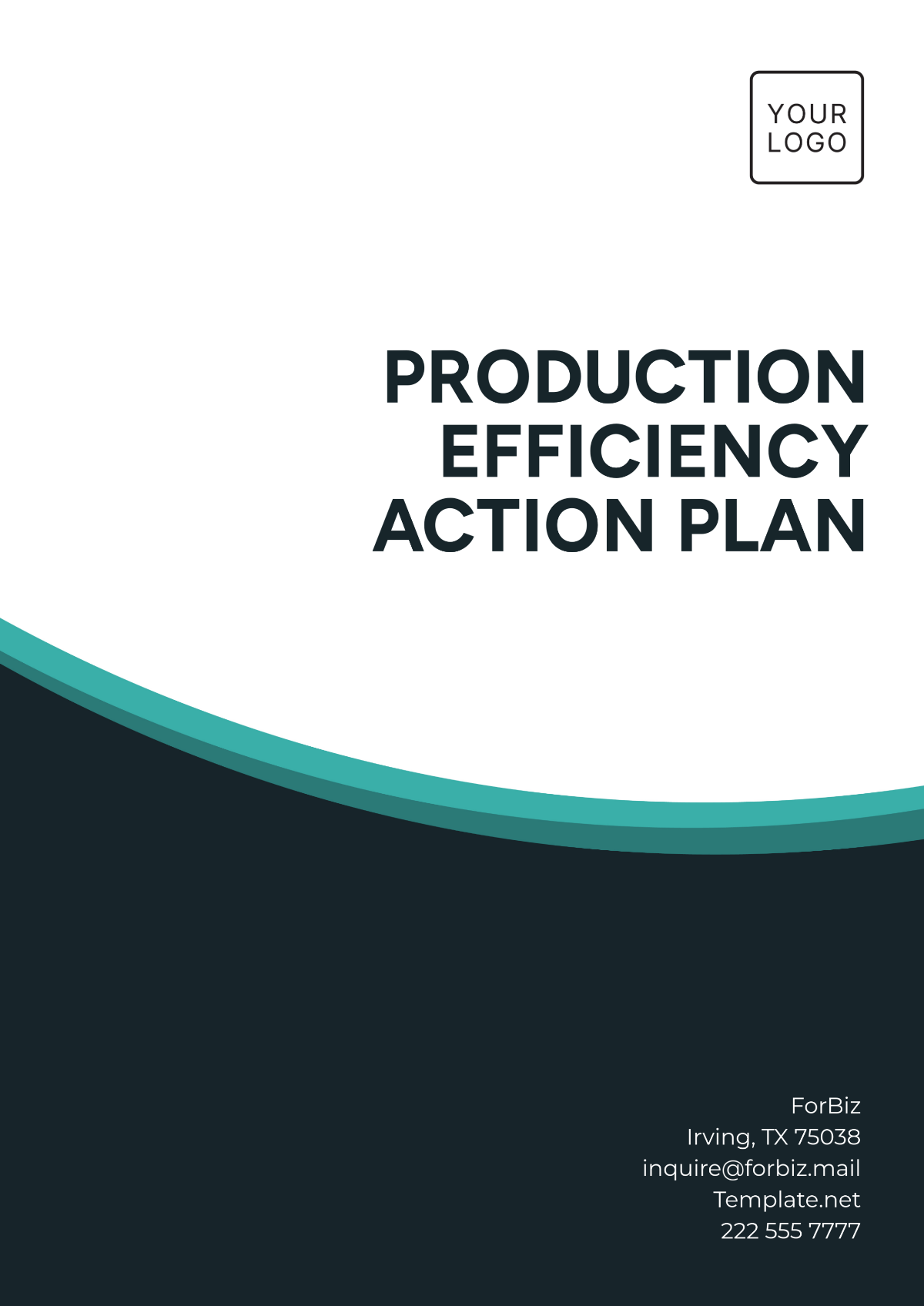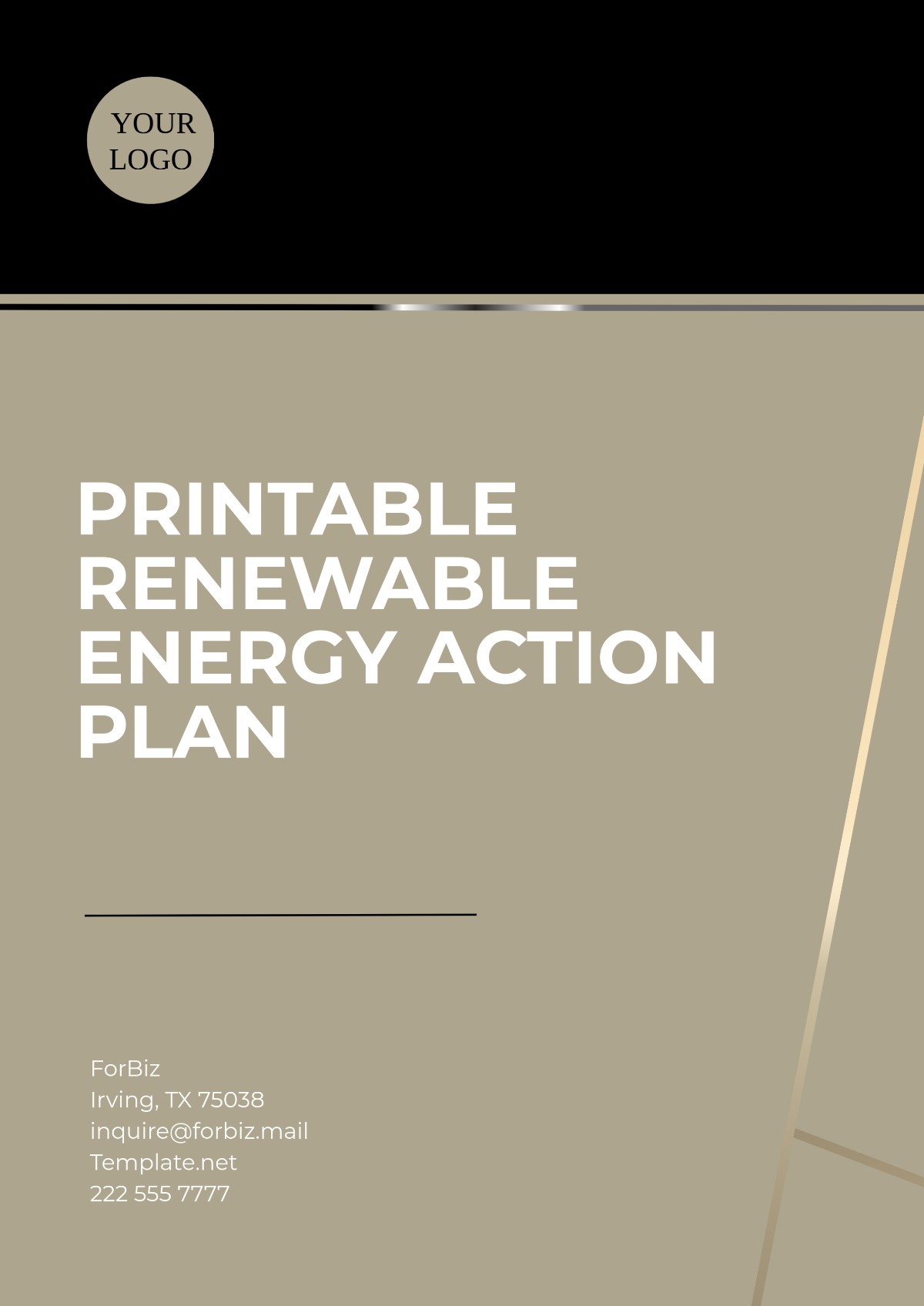Strategy Action Plan
Created by: [Your Name]
Company: [Your Company Name]
I. Executive Summary
The Sustainability Strategy Action Plan outlines [Your Company Name]'s commitment to reducing its environmental footprint and promoting sustainable practices across its operations. By implementing this strategy, [Your Company Name] aims to enhance its corporate social responsibility, reduce costs, and contribute to a healthier planet.
II. Objectives
Reduce carbon emissions by 30% by 2054.
Increase energy efficiency in manufacturing processes by 20% within two years.
Achieve zero waste to landfill by implementing recycling and waste reduction initiatives.
Educate employees on sustainability practices and encourage active participation in green initiatives.
III. Environmental Impact Assessment
[Your Company Name] has conducted a thorough environmental impact assessment to identify areas where improvements can be made to reduce the company's ecological footprint. Key findings from the assessment include:
Energy Consumption: Analysis revealed that a significant portion of our energy consumption comes from manufacturing processes, particularly from machinery and equipment. There is potential to optimize energy usage through equipment upgrades, process improvements, and the implementation of energy-efficient technologies.
Waste Generation: Our assessment highlighted opportunities to minimize waste generation across various stages of production. By implementing recycling programs, reusing materials, and redesigning processes to reduce waste, we can move towards our goal of achieving zero waste to landfill.
Water Usage: While water is not a primary resource in our manufacturing processes, there are opportunities to reduce water consumption in our facilities. Implementing water-saving technologies, such as low-flow fixtures and water recycling systems, can help minimize our environmental impact.
IV. Sustainable Operations
To enhance our sustainability efforts, [Your Company Name] is committed to implementing a range of initiatives to promote eco-friendly practices across our operations:
Energy Efficiency: We will invest in energy-efficient lighting systems, upgrade machinery and equipment to reduce energy consumption, and implement automation technologies to optimize energy usage in our manufacturing processes.
Waste Reduction: Through the implementation of waste segregation programs, recycling initiatives, and the use of eco-friendly packaging materials, we aim to minimize waste generation and move towards a circular economy model.
Emissions Reduction: We will invest in emission control technologies, such as catalytic converters and particulate filters, to minimize air pollutants generated from our manufacturing operations. Additionally, we will explore alternative fuel options and transportation strategies to reduce our carbon footprint.
V. Product Lifecycle Management
[Your Company Name] is committed to implementing sustainable product lifecycle management practices to minimize environmental impact throughout the entire product lifecycle:
Design for Sustainability: We will integrate sustainability considerations into product design, emphasizing durability, recyclability, and resource efficiency. Designing products for disassembly will facilitate end-of-life recycling and reduce waste.
Materials Selection: [Your Company Name] will prioritize the use of environmentally friendly materials, such as recycled content, bio-based materials, and non-toxic alternatives. We will collaborate with suppliers to source sustainable materials and ensure compliance with ethical and environmental standards.
End-of-Life Management: We will establish take-back programs and recycling initiatives to responsibly manage end-of-life products. By facilitating the return and recycling of products, we aim to minimize landfill waste and promote a circular economy.
VI. Timeline
2052: Conduct environmental impact assessment, engage stakeholders, and develop a sustainability strategy.
2053: Implement energy efficiency measures, initiate supplier sustainability programs, and launch employee training initiatives.
2054: Expand sustainability initiatives, track progress against targets, and refine strategies based on performance.
VII. Conclusion
The Sustainability Strategy Action Plan demonstrates [Your Company Name]'s commitment to sustainability leadership and responsible business practices. By working collaboratively with stakeholders and implementing innovative solutions, [Your Company Name] aims to achieve its sustainability goals while driving positive environmental and social impact.


